There are so many ways to introduce yourself to people, but there’s one question you should never ask when you meet someone for the first time: what do you do?
According to experts, not only is "What do you do?" boring, it’s also rude. What you’re doing when you ask that is telling someone, the moment you meet them, that the only thing you could value them for is their job.
Since we live in a world where more and more people are actively seeking to separate their self-worth from their office life, it’s better to show a different kind of interest in people when you first meet them.
On Mad Men, Pete Campbell talks about what he "does." www.youtube.com
“Asking ‘what do you do?’ is telling another person's brain, stay on autopilot,” said professional development expert Vanessa Van Edwards on the podcast Diary of a CEO, the New York Post shared. “Asking someone, ‘what do you do?’ is asking, ‘what are you worth?’ And if someone's not defined by what they do, it's actually a rude question,” she continued on the podcast. "While some people are defined by what they do, that’s not necessarily something you can know when you meet someone for the first time. So it’s best to stick to other kinds of questions," Van Edwards says.
Better question alternatives include, “Working on anything exciting these days?" or "Working on anything exciting recently?” These let your conversation partner share aspects of their lives they are interested in discussing, whether it's their work or not. Another question is, “What book, movie, or TV character is most like you and why?” While Van Edwards says this can feel like a “silly dinner party question,” it can actually teach you a lot about how people view themselves and the world around them. You might learn your new friend is more of a Samantha Jones than a Liz Lemon, and you’ll be all the better for it.
On The Office, Creed Bratton is just not interested in telling you want he does. www.youtube.com
As workplace wellness expert Gloria Chan Packer shared on the TED podcast How to Be a Better Human with Chris Duffy, allowing people access to that balance—that time away from the work brain—is essential. Burnout is real, and conversations around it became even louder because of the pandemic, she believes. There were so few boundaries around what was work and what was home that people became burnt out. “We're all in different seasons of life. We all have different priorities, and so therefore, all of our boundaries need to be designed and communicated in different ways,” she says. The need for boundaries became even more of a highlight, and that need lives in conversations, too.
But you aren’t the only person who’s asked the “What do you do?’ question, by any means. We’re taught from a young age that value and worth are attached to our jobs. “We subliminally get taught to define our self-worth through our work and through our job,” Packer says. It would make sense that sometimes we'd do that to others, too. But there is a way to undo that.
Executive coach Amanda Miller Littlejohn encourages people to learn how to separate their work from their self-worth in order to achieve better mental health. “Your career should be one part of your life, not your whole identity,” she wrote in Forbes. “You owe it to yourself to imagine a life where work is meaningful but not all-consuming, and you can enjoy your success without it being your only source of fulfillment.”
In other words, people are worth so much more than their jobs.
As more and more people take this advice, maybe they won’t want to answer the “What do you do?” question anymore. So, get in front of it, leave that question behind, and make meaningful connections based on ideas outside of work.







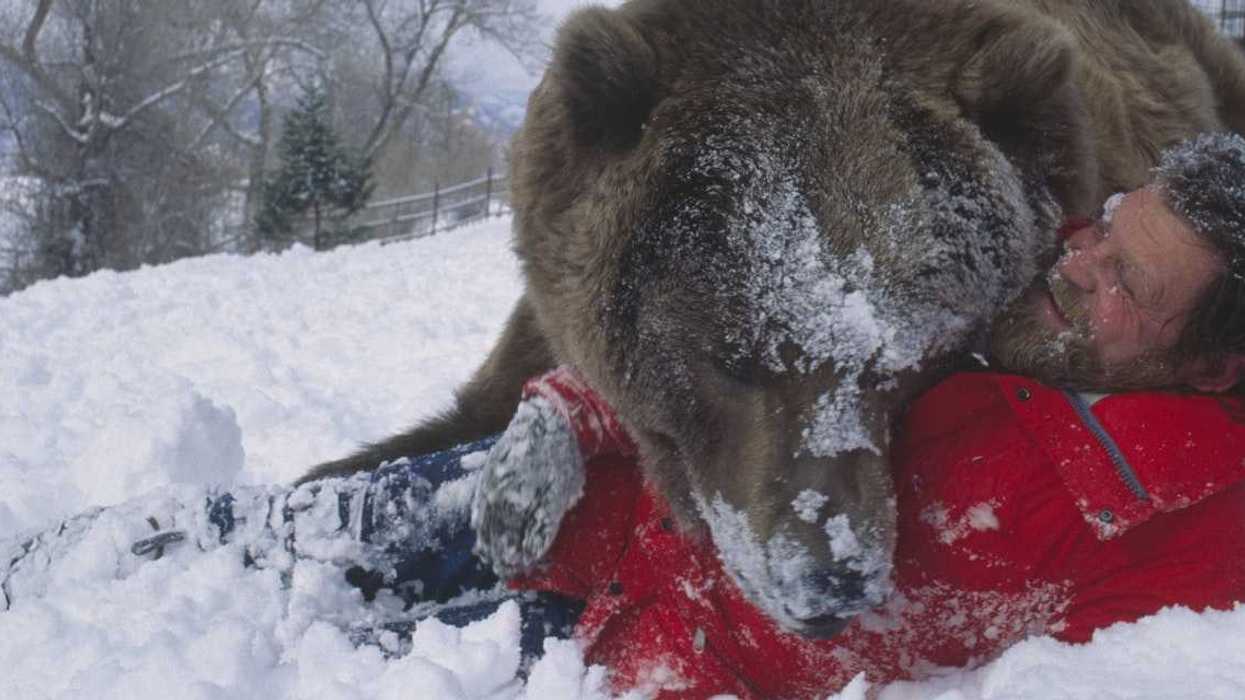


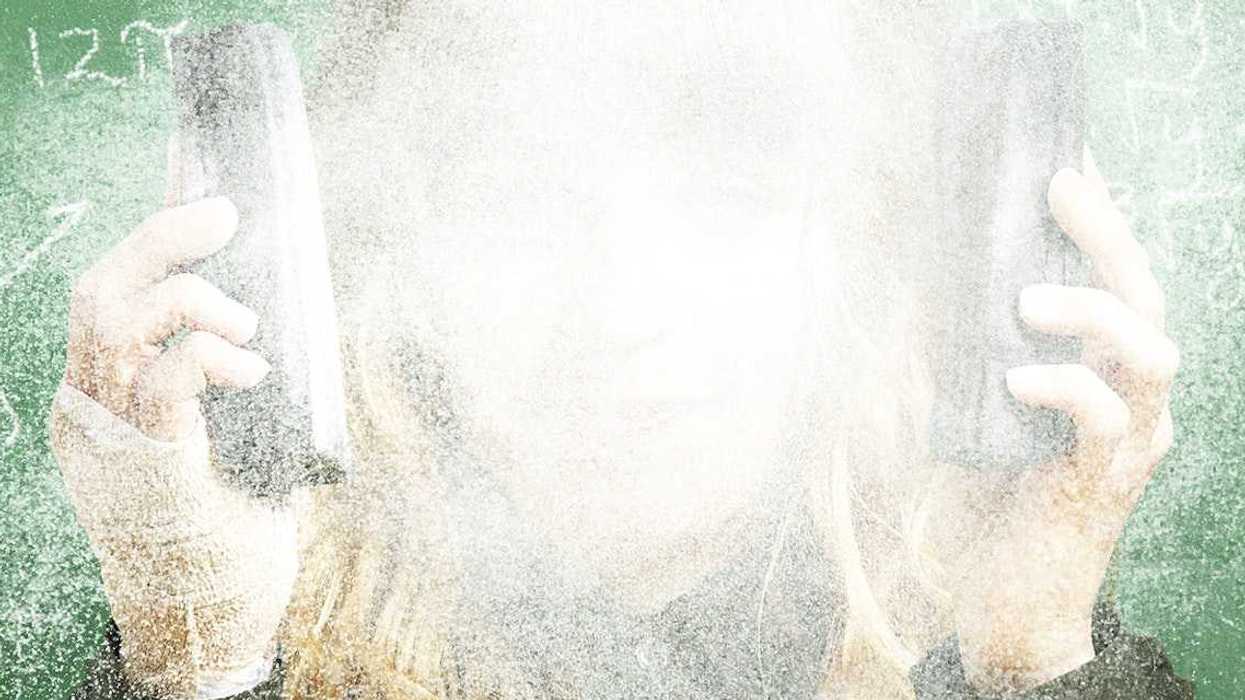







 A coupe on a romantic dateCanva
A coupe on a romantic dateCanva
 A woman swims in the oceanCanva
A woman swims in the oceanCanva A happy-looking dolphin popping out of the waterCanva
A happy-looking dolphin popping out of the waterCanva
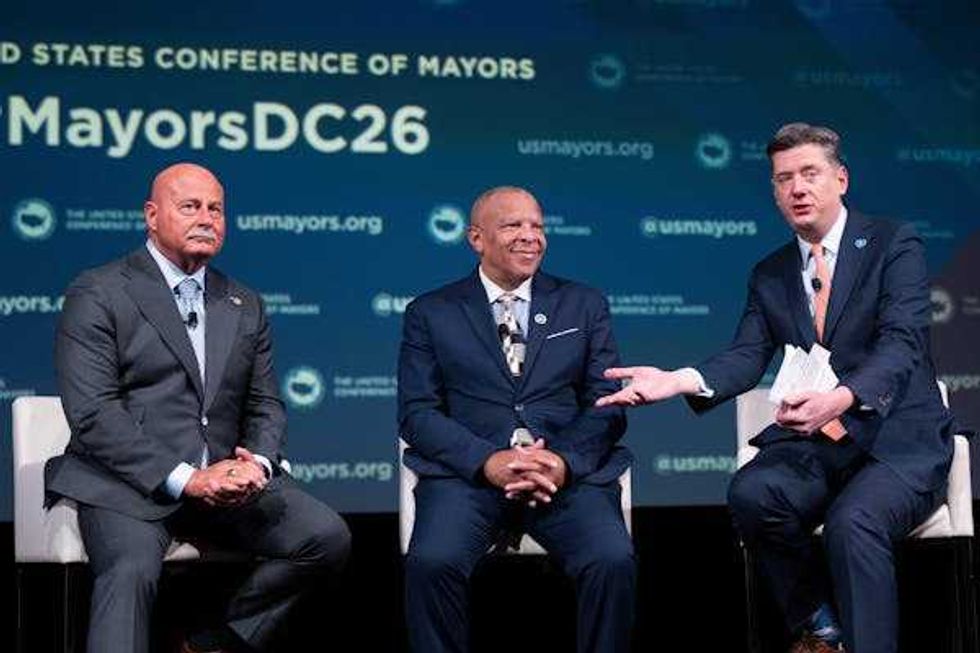 When mayors come together, they often find they face common problems in their cities. Gathered here, from left, are Jerry Dyer of Fresno, Calif., John Ewing Jr. of Omaha, Neb., and David Holt of Oklahoma City.
When mayors come together, they often find they face common problems in their cities. Gathered here, from left, are Jerry Dyer of Fresno, Calif., John Ewing Jr. of Omaha, Neb., and David Holt of Oklahoma City.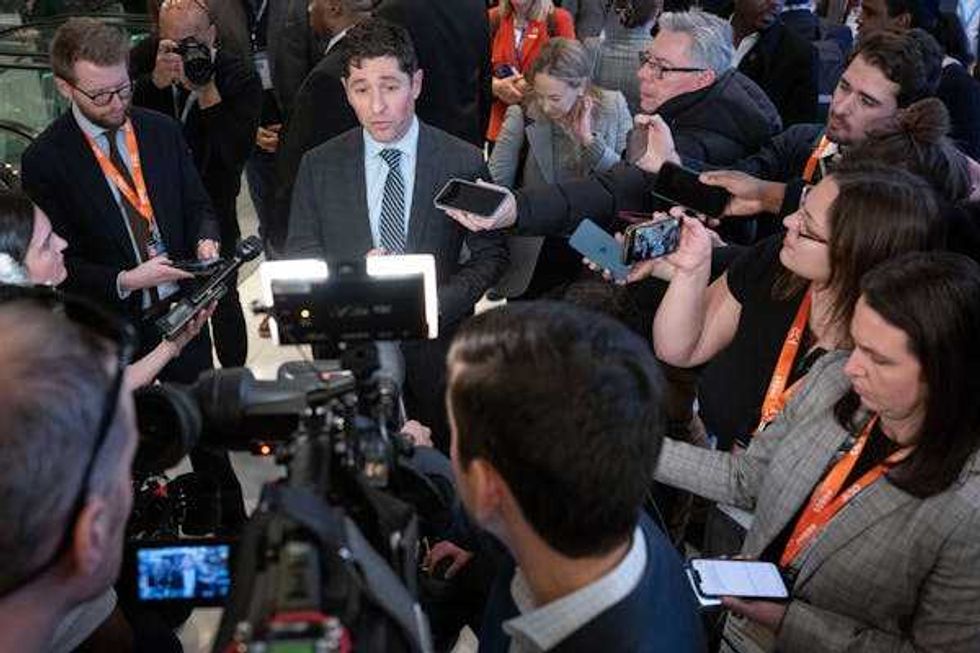 Mayors can find themselves caught up in national debates, as did Minneapolis Mayor Jacob Frey over the Trump administration’s immigration enforcement policies in his city.
Mayors can find themselves caught up in national debates, as did Minneapolis Mayor Jacob Frey over the Trump administration’s immigration enforcement policies in his city.

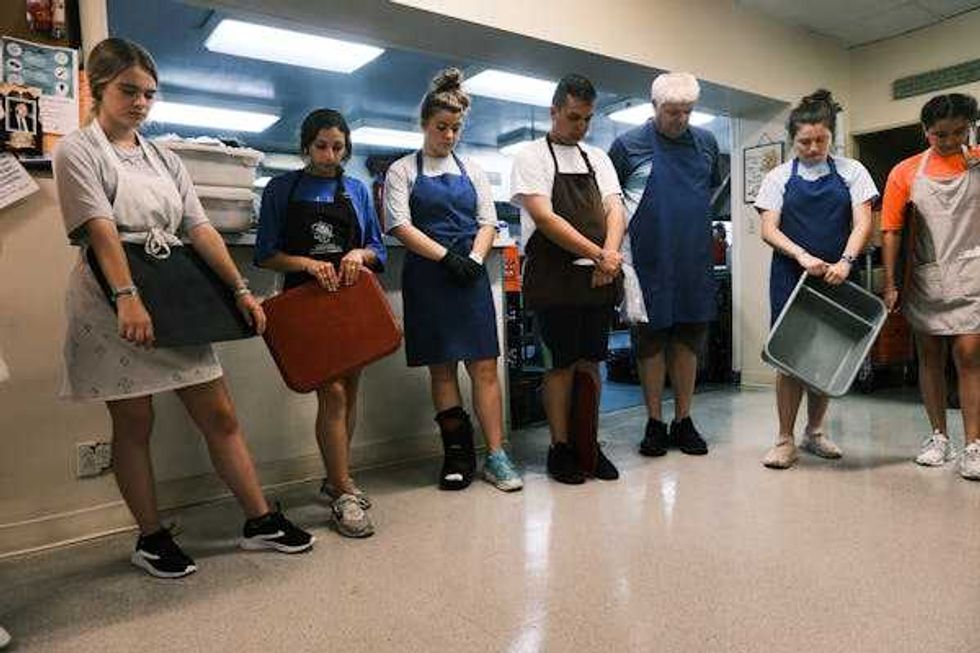 Volunteers at the St. Francis Inn pray together before serving a meal on July 19, 2021.
Volunteers at the St. Francis Inn pray together before serving a meal on July 19, 2021.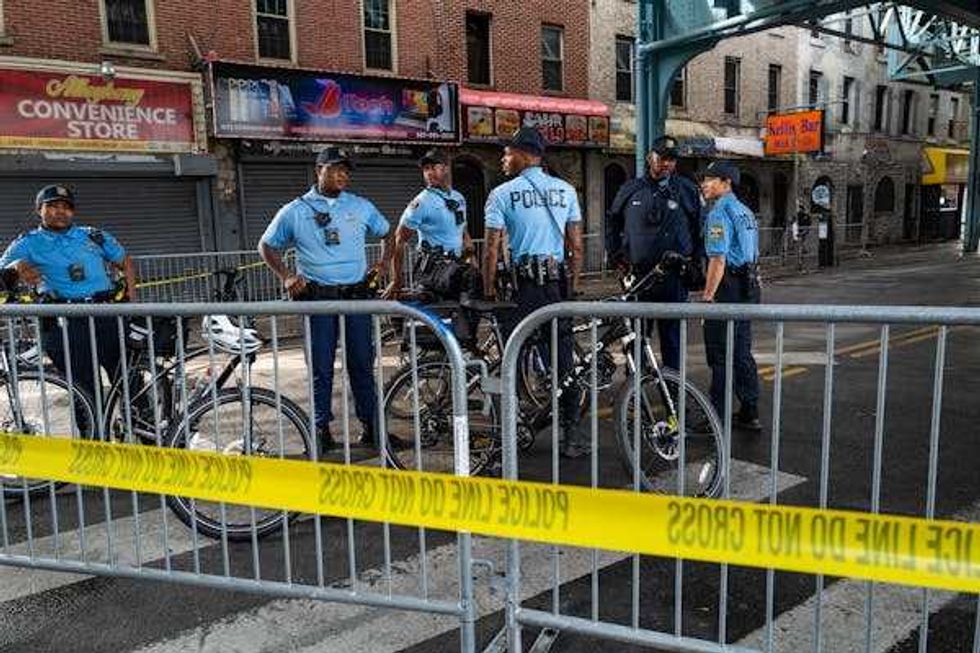 Police close down a section of Kensington Avenue to clear a homeless encampment on May 8, 2024.
Police close down a section of Kensington Avenue to clear a homeless encampment on May 8, 2024.
 A young person doing their monthly budgetCanva
A young person doing their monthly budgetCanva

 A woman scrolls through a dating appCanva
A woman scrolls through a dating appCanva